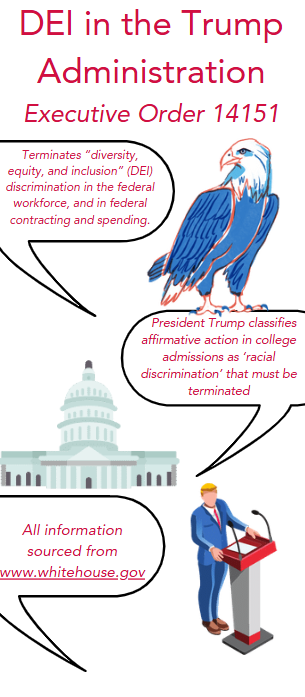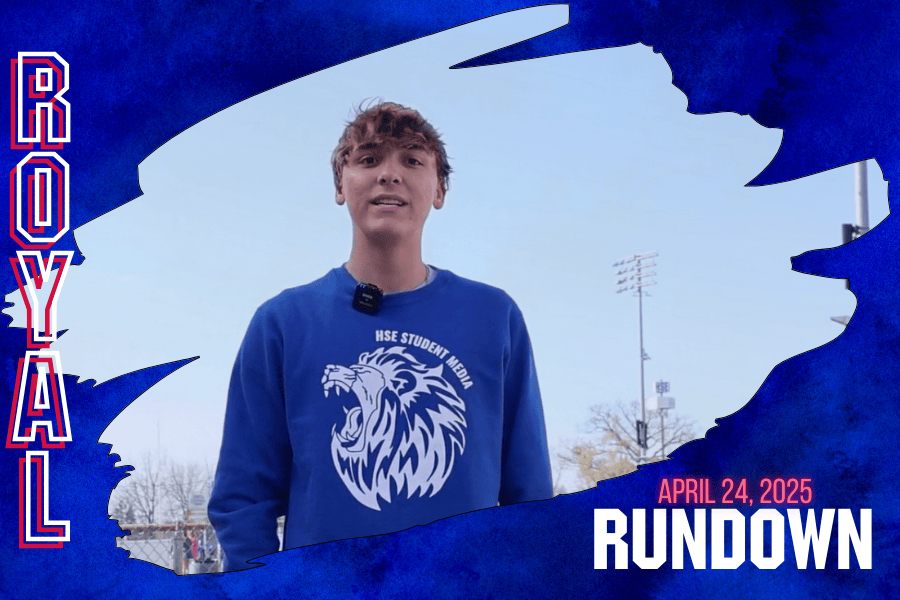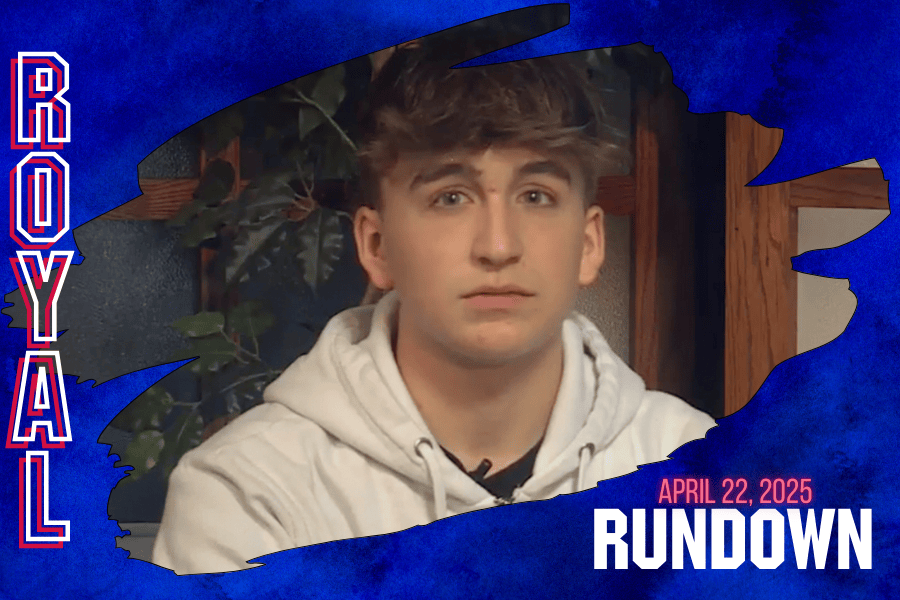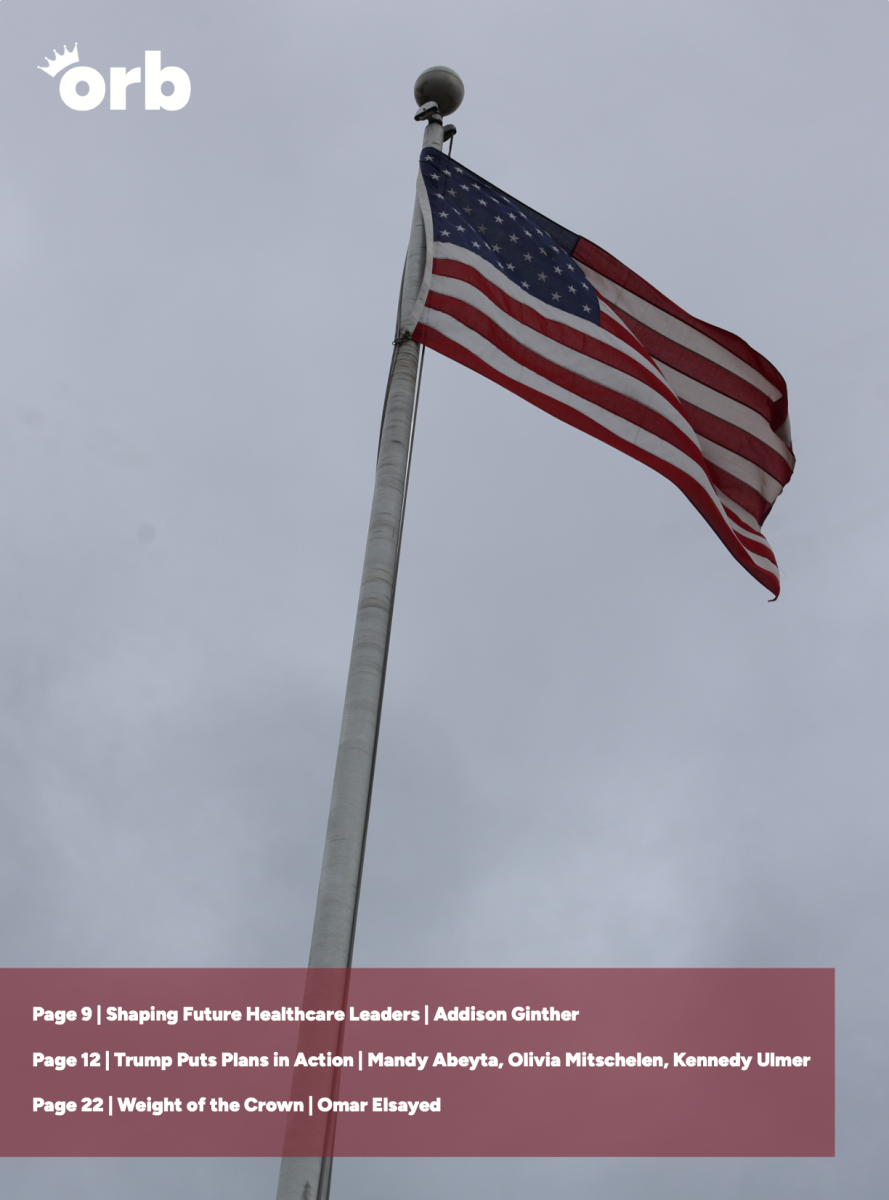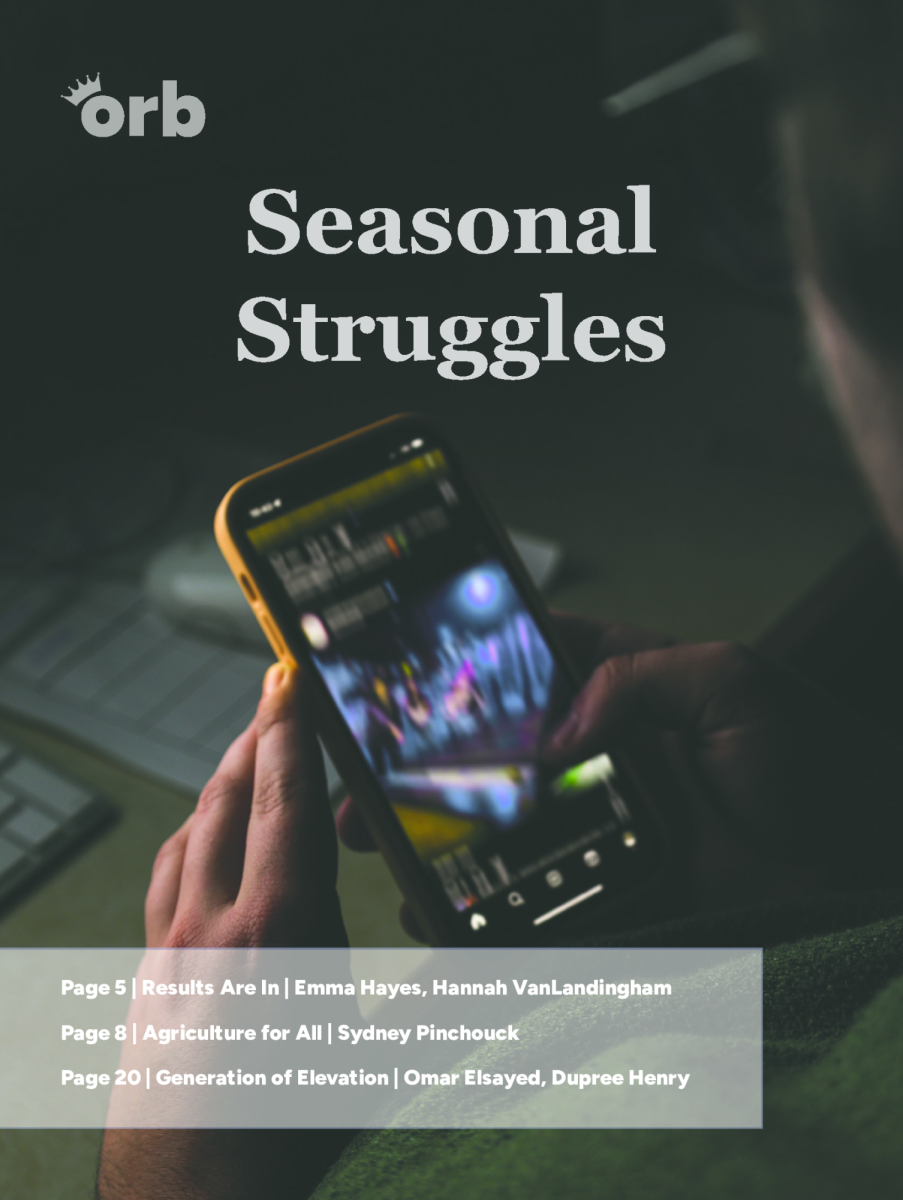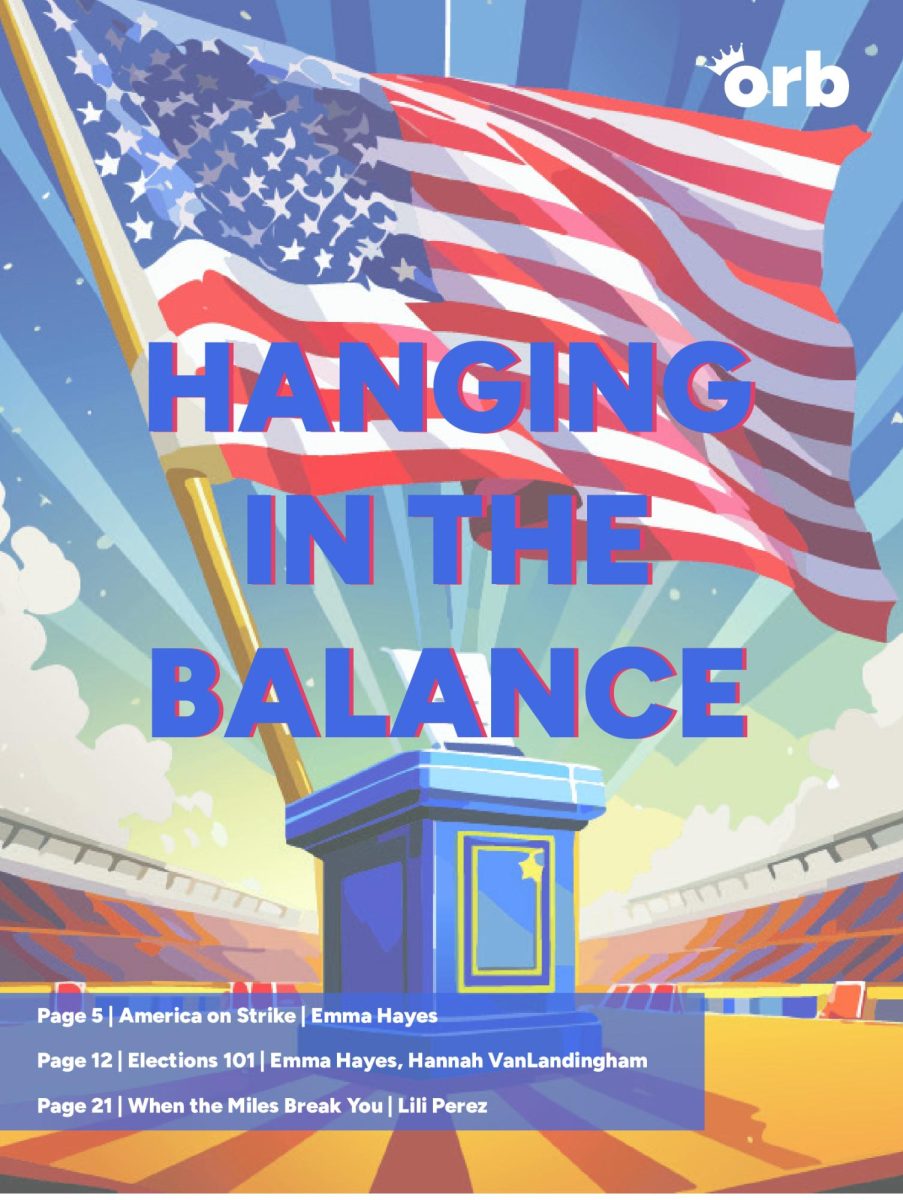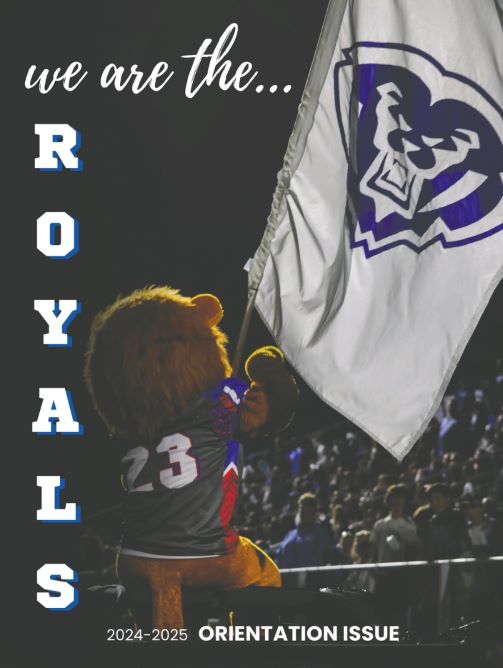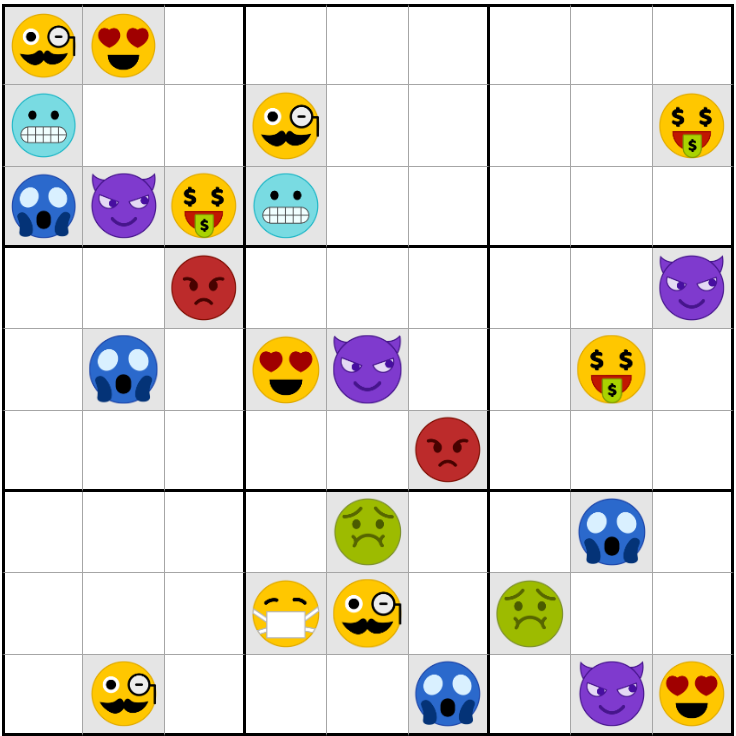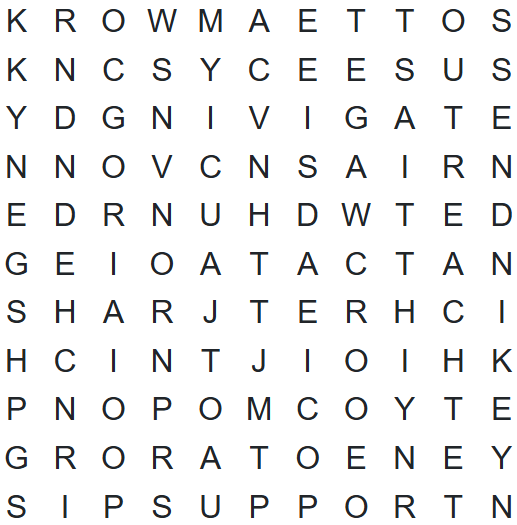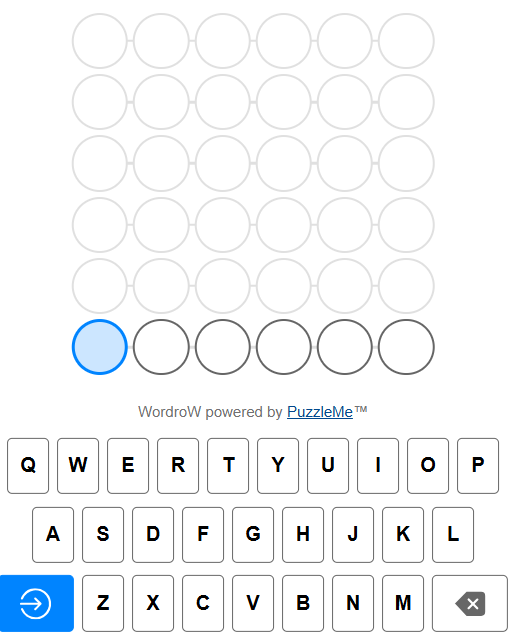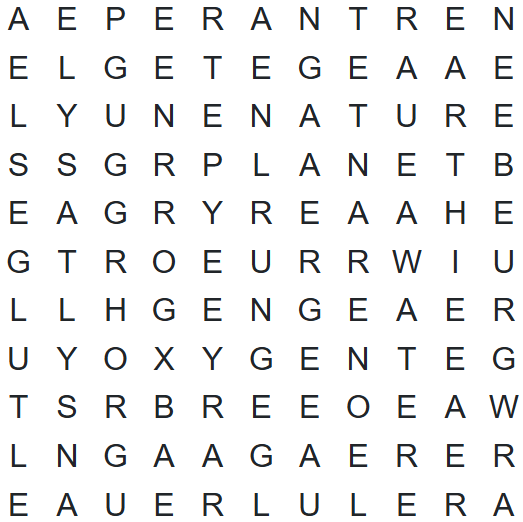Houston, We Have a Problem: The Athlete Empowerment Era Shines Bright in Texas
January 31, 2021

Often times, athletes are told where they go and how much money they make by the people at the top. But lately, the tide has been changing. More than ever, we are seeing big time athletes vocalizing what they want and taking demanding measures to make sure that happens.
After separate but significant turmoil in some of the Houston pro sports organizations, the city’s two biggest stars wanted out. One of them got their wish. Houston Rockets guard James Harden was traded to the Brooklyn Nets after it became apparent that his teammates didn’t appreciate his defiance towards the organization. Meanwhile, the other is still waiting. Houston Texans Quarterback Deshaun Watson has requested a trade after numerous front office decisions left him unhappy about the team’s direction.
But leverage wasn’t always on the side of the players. In the early 20th century, professional leagues all had their own versions of the “Reverse Rule.” This meant that when a player’s contract was up, the team they played for had all exclusive negotiating rights.
In 1962, RC Owens became the first NFL player to switch teams, moving from the San Francisco 49ers to the Baltimore Colts. Due to outrage by team owners, NFL commissioner Pete Rozelle implemented the “Rozelle Rule.” This rule stated that the team that gained a new player must compensate the previous team he played for.
The NBA held a similar rule. Players could not go anywhere else unless they were traded from the team that drafted them. That was all changed in 1988 when the head of NBA players union Larry Fleisher made a deal with the NBA. A player could go out and choose their destination if they met two requirements: they had been in the league for seven years or more, and they had played through two contracts. Unrestricted free agency was born.
Meanwhile in the NFL, players held a strike during the 1987 season due to labor disagreements. After the Rozelle Rule, the league had been working under the Right of First Refusal and Compensation, which allowed a player’s current team to match any offer presented by another team. A few years later, the players sued the league which led to the implementation of salary cap and unrestricted free agency in the 1993 Collective Bargaining Agreement.
In the last few years, the concept of unrestricted free agency has blown up, allowing players more and more room to demand exactly what they want. We’ve seen examples such as now Las Angeles Lakers star Anthony Davis. While seeking an in-season trade, Davis wore a shirt saying “that’s all folks” indicating his desires to go elsewhere. In the NFL, running back Le’Veon Bell sat an entire season when the Pittsburgh Steelers refused to give him a larger contract.
These players paved the way for Harden and Watson in their most recent seasons. Harden refused to show up to practices and openly spoke negatively about the Rockets’ organization in press conferences. He also pointed to his locker room as a bad environment.
Watson took a different, but equally empowering approach. After the Texans traded away Watson’s best weapon DeAndre Hopkins for two draft picks (not first rounders) and a running back, his frustration towards the team grew.
In the 2020 season, the Texans went 4-12 and fired their head coach in the middle. In the process of finding a new one, Watson requested the Texans interview the Super Bowl winning Chiefs offensive coordinator, Eric Bieniemy. Houston ignored the request. Reports were leaking that Watson wanted out of Houston. He officially requested a trade a few weeks ago. He indicated that it did not make a difference who the new head coach will be and he wants to go no matter what.
The trade to Brooklyn was a result of Harden’s constant pressure on the organization to move him. They knew the longer they waited, the less value he has. Harden’s play has seen great improvement since the four-team trade, scoring a triple double in his first time suiting up in black and white.
Meanwhile, the Texans are still trying to coerce Watson back into playing with them for the 2021 season. Houston’s new general manager Nick Caserio has stated multiple times that the organization has ‘zero interest’ in trading Watson.
Player empowerment has evolved from players being forced to play for the team they were drafted by, to players openly stating to the media they want to leave and will do everything in their power to make that happen. While the Rockets are in recovery from the debacle that costed them their star player from the past nine seasons, the jury is out on the future of Watson. This begs the question; will the Texans find a way to convince their quarterback that they’re in it for the right reasons? Or will Watson’s frustration cause him to take things into his own hands.
Sources: CBSSports.com, ClutchPoints.com , SportingNews.com, NBA.com




